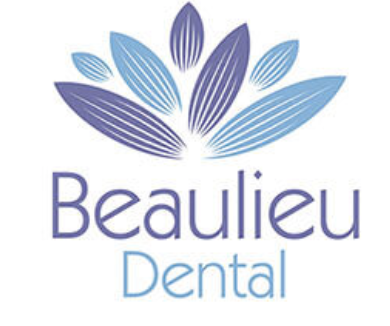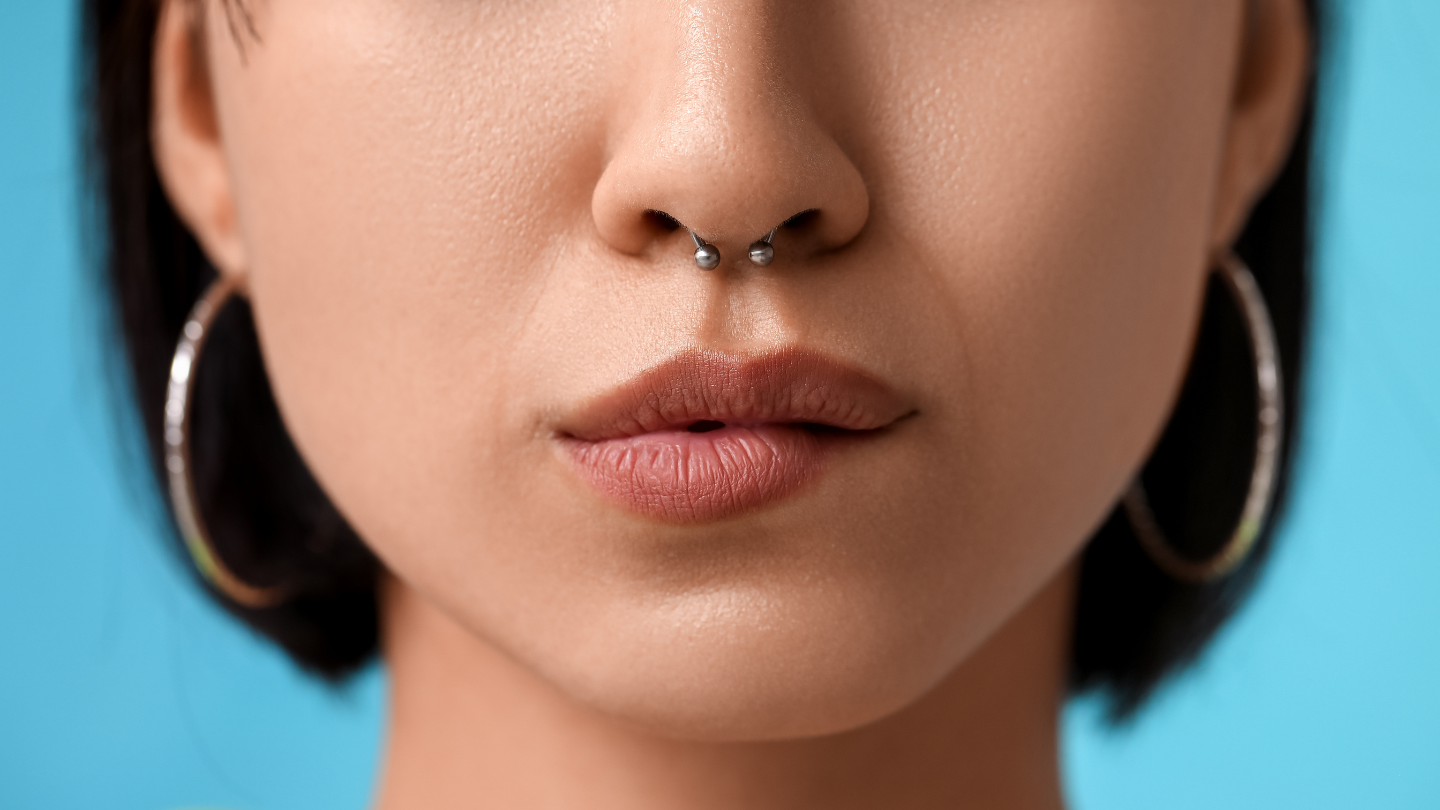Oral piercings might be a form of self-expression, but they also affect our oral health. They pose significant risks, so before getting an oral piercing, it’s a good idea to weigh the risks and speak to your dentist to ensure that you make an informed decision.
So, how do oral piercings affect oral health?
1. Chipped and Cracked Teeth
Oral piercings such as lip piercings, can damage your teeth, since metal jewellery, especially when positioned on the tongue or lips, can rub against the teeth, causing chips, fractures, or cracks.
What to do: Avoid biting down on the jewellery, and be mindful of any clicking or tapping against your teeth. Switching to plastic or biocompatible jewellery can also reduce the risk of teeth damage especially when you have lip piercing.
2. Gum Recession
Piercings near the gums can wear down and irritate the delicate gum tissue over time. This repeated trauma may cause the gums to recede, exposing the roots of the teeth and making them more vulnerable to decay and sensitivity. Gum recession is not only painful but also difficult to reverse without professional treatment.
Solution: Pay close attention to the position of your piercing, and check for any signs of gum irritation or recession. Regular dental check-ups can help catch gum problems early.
3. Increased Risk of Infection
Oral piercings create open wounds in the mouth, which is a moist environment filled with bacteria. This can lead to infections, swelling, and even abscesses if the piercing is not properly cared for. Infections in the mouth can spread quickly and may result in serious health issues, including life-threatening conditions like endocarditis, an infection of the heart’s inner lining.
What to do: Rinse your teeth after each meal with an alcohol-free mouthwash. If you need to adjust your piercings make sure to wash your hands to prevent bacteria from entering the wound.
4. Speech and Chewing Difficulties
Oral piercings, particularly tongue piercings, can affect your ability to speak clearly and chew comfortably. Over time, this can lead to strain on the muscles of the mouth and jaw. In some cases, speech patterns may change permanently, or chewing may become uncomfortable due to damage to surrounding tissue.
What to do: If you have difficulties when you speak or chew you may want to consider removing the piercing.
- Allergic Reactions
It’s also possible to develop an allergic reaction to the metals used in some piercings. One of the most common materials used in piercings, nickel, has been known to cause allergies, as many people gradually become more sensitive and allergic to this material.
What to do: Always choose high-quality, hypoallergenic jewellery made from surgical-grade stainless steel, titanium, or gold.
- Nerve Damage and Loss of Sensation
Piercings that go through the tongue or lips may inadvertently damage nerves, leading to temporary or even permanent numbness. This nerve damage can affect the sense of taste, speech, and muscle movement in the area. While some nerve damage may heal with time, others may not.
What to do: Always have your piercings done by a licensed professional with proper sterilisation techniques to minimise the risk of complications. If you experience prolonged numbness, seek medical or dental advice.
Protecting Your Teeth with Oral Piercings
If you already have an oral piercing or are considering getting one you should make sure to schedule routine dental visits to monitor for signs of damage or infection. It is equally important to brush and floss after meals and use mouthwash to keep your mouth as clean from bacteria as possible.
As a final note
While oral piercings can be a fun way to showcase your personality, they come with potential risks that shouldn’t be ignored. By understanding the possible harm to your teeth and taking proper precautions, you can protect your oral health and keep your smile intact. If you ever experience pain, swelling, or discomfort with your piercing, book an appointment with Beaulieu Dental. Let us help you on your journey to both physical and emotional well-being.


